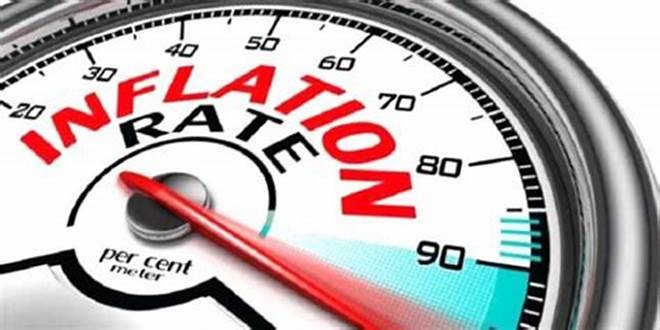In case you didn’t know, Zimbabwe’s inflation rates are flexing muscles again as of October 2018 reaching an all-time peak of 20.85% (year on year inflation) from the September rate of 5.4%. The monthly Consumer Price Index (CPI) increased from 101.97 in September 2018 to 118.73 as of October. Month on month inflation rate for October 2018 stood at 16.44% signalling a 15.52% growth from the September rate of 0.92%. This was expected as our survey of prices of basic goods showed a sharp increase in prices. Surely something was not right in the month of October 2018 and below is a brief view of possible reasons for this sharp rise in inflation figures.
Foreign Currency shortages
The country has been facing a severe shortage in foreign currency supplies which had dire consequences for the business community. The USD/Bond parallel market rate spiraled to over 300% in the month of October. As a quick response to this, a number of businesses had to hike prices to match the Bond/US exchange rates. This sent our local currency on a downward spiral in terms of its value and this had an impact on the country`s inflation rates.
Increased money supply
Government has been on a borrowing spree, treasury bills worth billions were issued, resulting in a sharp increase in the money supply. Unfortunately, this borrowing extravaganza was not for industrial production purposes and as a consequence we ended up having too much money chasing very few goods. Treasury Bills in issuance as at October 2018 stood at $7.6 billion from $2.1 billion in 2016. With subdued industrial performance, what else can one expect beside inflation?
Panic buying contributed to the inflation
Panic buying played a crucial role in sending inflation rates way over board. As a response to increasing prices, the consumers resorted to purchasing all essential commodities as a defence mechanism to a possible repetition of the 2008 crisis. Basic economics state that when demand exceeds supply, the prices will increase.
RBZ Governor Mangudya had envisioned that inflation rates will play in-between 3% and 7% following the recently introduced economic measures. Clearly he had not envisioned that events will turn out this way, now we wait hoping that these inflation figures will return to normalcy.
A note from StartupBiz Zimbabwe: Everyday we send business updates via Whatsapp. Send the word “Subscribe” via Whatsapp to +263778798072 (StartupBiz Zimbabwe) to receive free business ideas and business tips in your Whatsapp Inbox everyday.








